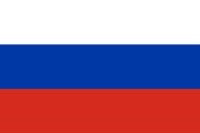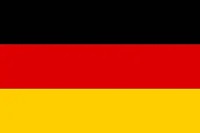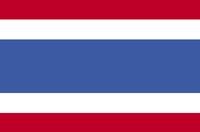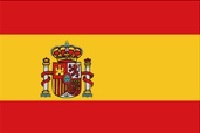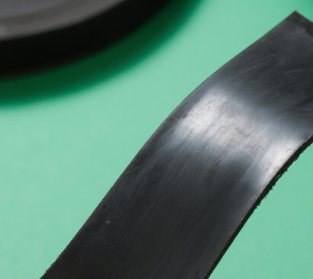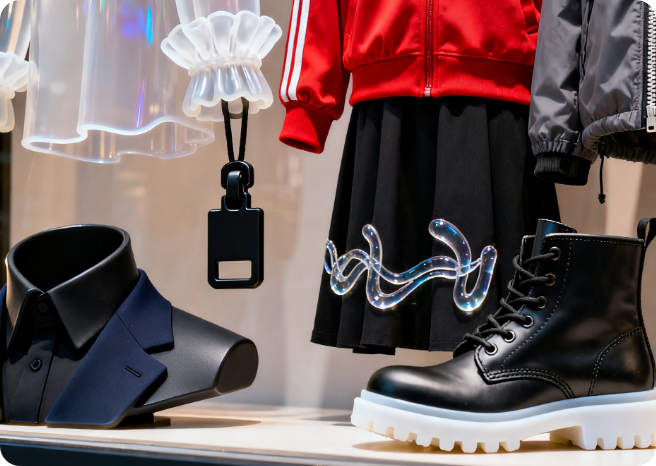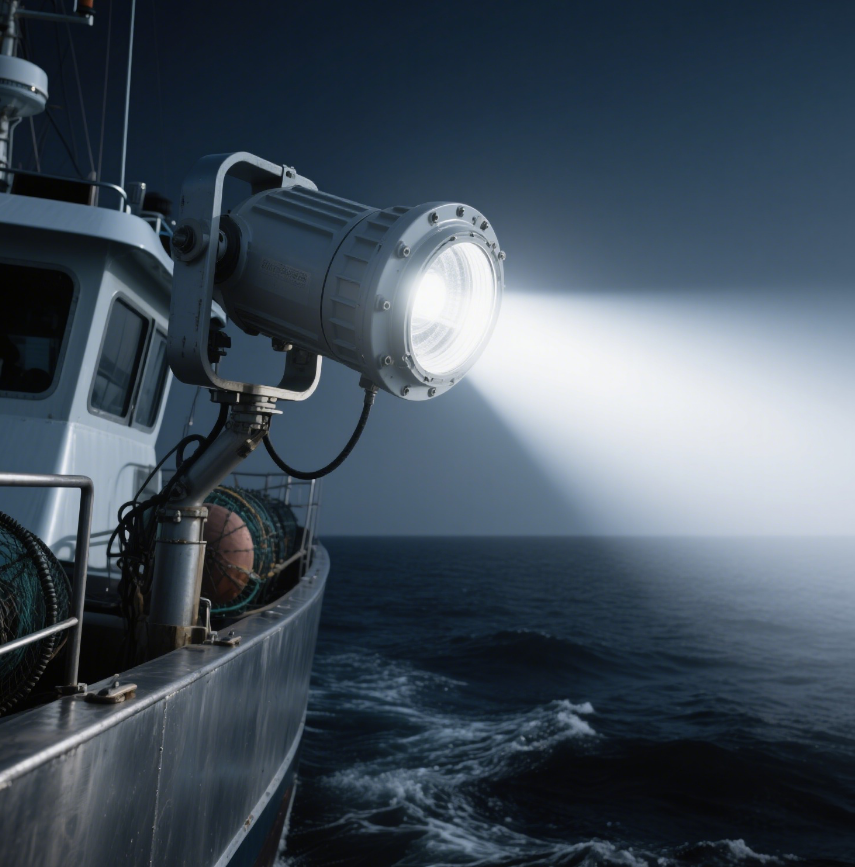
Fishing Lights
- High-Power LED Heat Generation: Single light power can exceed 400W, necessitating rapid heat conduction to metal casings or heat sinks.
- Harsh Environment Protection: Must meet IP66/IP68 waterproof ratings and withstand salt fog corrosion (e.g., during coastal fishing vessel operations).
- Lightweight Design: The weight of the entire light should be controlled within 2.1kg (e.g., for a 400W LED fishing light) to avoid overloading fishing vessels.
- Protection of Precision Optical Components: The junction temperature of laser diodes (LDs) needs to be controlled below 85°C to prevent wavelength drift.
- High Thermal Conductivity and Insulation Requirements: Laser modules typically operate in high-voltage environments (e.g., above 1000V), requiring thermal conductivity gaskets with high insulation (breakdown voltage > 5kV).
- Low Thermal Resistance Interface: The contact thermal resistance between the chip and the cold plate should be < 0.1K·cm²/W to ensure heat dissipation efficiency.
| Material Type |
Thermal Conductivity (W/m·K) |
Insulation |
Corrosion Resistance |
Typical Applications |
| Boron Nitride Gaskets |
15 – 30 |
Excellent (> 10kV) |
Excellent |
LiDAR, Millimeter-Wave Radar |
| Graphene Gaskets |
100 – 500 |
Good (Requires Insulation Coating) |
Moderate |
CPU Cooling, High-Power Laser Modules |
| Liquid Metal Composite Gaskets |
30 – 80 |
Excellent (Polymer Matrix) |
Excellent |
Data Center Optical Modules, Automotive Electronics |
| Silicone Rubber Gaskets |
3 – 6 |
Excellent |
Moderate |
LED Lighting, General Laser Equipment |
- High Insulation and Voltage Resistance: Breakdown voltage > 10kV, suitable for the high-voltage environments of laser equipment.
- Low Dielectric Loss: Signal attenuation < 0.1dB/cm in the millimeter-wave frequency band (e.g., 28GHz), ideal for 5G communication and LiDAR.
- Optimized Vertical Thermal Conductivity: Through directional alignment technology, the vertical thermal conductivity is increased to 130W/m·K (e.g., Xingu GPE-01), 10 times higher than traditional thermal grease.
- Reusability: Supports more than 10 disassembly cycles, reducing electronic waste.
- Integration of Superconducting Materials: A 400W LED fishing light developed be uses a composite structure of boron nitride thermal conductive film and aluminum alloy heat sink, reducing thermal resistance to 0.3K/W.
- Waterproof Sealing Technology: The lamp head adopts a silicone rubber sealing ring + nano – coating, achieving IP66 protection. It passes the salt fog test (5% NaCl solution, 48 hours) without corrosion.
- Fiber Lasers: A 10kW fiber laser uses 0.2mm – thick graphene gaskets, reducing the chip junction temperature from 95°C to 78°C and increasing output power stability by 15%.
- LiDAR: A vehicle – mounted LiDAR uses boron nitride gaskets. Under a temperature cycle of – 40°C to 85°C, the offset of optical components is < 5μm.
- Metamaterial Applications: For example, diamond/copper composite materials with a thermal conductivity > 800W/m·K have been demonstrated in laboratory environments.
- Self – Healing Technology: Gaskets with microcapsule phase – change materials can self – repair worn interfaces after 50 thermal cycles.
- Nano – Imprint Technology: Achieves a graphene film thickness tolerance of < ±1μm, suitable for high – precision laser modules.
- 3D Printing Customization: For complex heat dissipation paths, honeycomb – shaped thermal conductivity gaskets can be printed, increasing heat diffusion efficiency by 40%.
- Extreme Environment Simulation: Uses the laser flash method (LFA) to test thermal conductivity in a wide temperature range from – 196°C to 1500°C.
- Long – term Reliability Verification: Evaluates material aging rates through a 1000 – hour damp heat test (85°C/85%RH).
| Application Scenarios |
Recommended Materials |
Key Parameters |
Cost Reference |
| Economical Fishing Lights |
Silicone Rubber Gaskets |
Thermal Conductivity 3W/m·K, IP65 Protection |
2 – 20USD/piece |
| High – end Fishing Lights |
Boron Nitride Gaskets |
Thermal Conductivity 15W/m·K, Salt Fog Resistance for 1000 hours |
20 – 50 USD/piece |
| Industrial Lasers |
Graphene Gaskets |
Vertical Thermal Conductivity 130W/m·K, Insulation Resistance > 10GΩ |
50 – 200 USD/piece |
| Aerospace Lasers |
Diamond/Copper Composite Gaskets |
Thermal Conductivity 800W/m·K, Radiation Resistance 10^8Gy |
> 1000 USD/piece |
- Material Cost Control: Reduce unit prices through large – scale production (e.g., boron nitride annual production capacity > 1000 tons).
- Adaptability to Extreme Environments: Develop silicone rubber gaskets resistant to – 200°C low temperatures, which have been verified in liquid hydrogen cooling systems.
- Improvement of Processing Precision: Use laser cutting technology to achieve a gasket thickness tolerance of < ±5μm.
The technological evolution of high thermal conductivity gaskets is driving the development of fishing lights and laser products towards high efficiency, reliability, and miniaturization. In the future, with the industrialization breakthroughs of new materials such as graphene and diamond, innovative heat dissipation solutions will be provided for more high – power – density devices.



